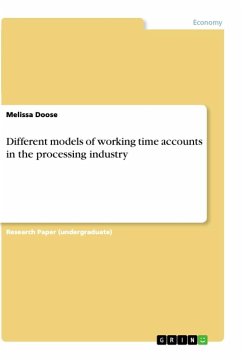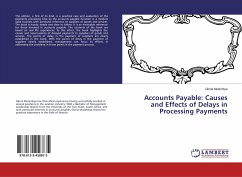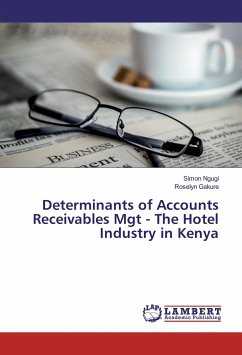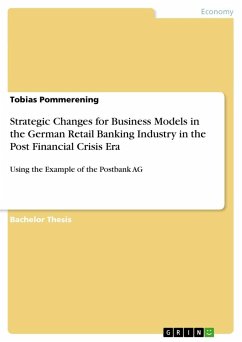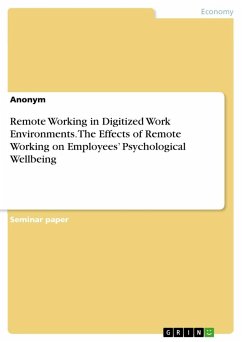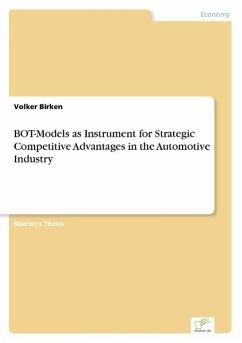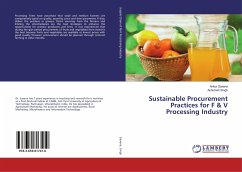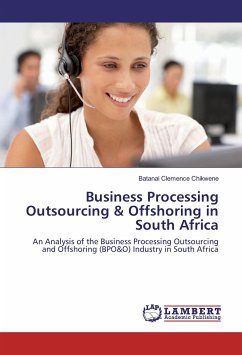Research Paper (undergraduate) from the year 2016 in the subject Leadership and Human Resources - Miscellaneous, , language: English, abstract: In today's dynamic and ever-changing work landscape, the traditional concept of a standard full-time job with fixed hours has evolved. The demand for greater flexibility in working hours has led to the emergence and widespread adoption of various models of working time accounts in the processing industry. This research project delves into the development, types, and regulations surrounding working time accounts, aiming to provide a comprehensive understanding of this transformative aspect of modern employment.The introduction sets the stage by challenging the conventional understanding of a full-time job spanning five days a week for around 45 years. Instead, it highlights the contemporary need for flexibility in working hours, prompting the implementation of working time accounts. The definition of a working time account is introduced asa contractual agreement between employer and employee, allowing a portion of the employee's remuneration to be accumulated for later use in paid periods of exemption from work. This system is explained as a means of recording and managing the differences between prescribed and actual working hours, resulting in credits or debts on the individual employee's account.The text emphasizes the importance of considering the desires and needs of employees in the design and organization of working time to ensure successful implementation of new models. This approach not only fosters higher acceptance of changes but also enables a quick response to operational and economic shifts. The flexibility offered by working time accounts extends beyond meeting the needs of both employers and employees; it facilitates adaptability to changing circumstances.As the research unfolds, readers can anticipate an in-depth examination of various working time account models, the intricacies of time recording, and the legal and contractual frameworks governing these arrangements. The subsequent evaluation of advantages and disadvantages aims to provide a nuanced understanding of the impact and implications of working time accounts in the processing industry. The paper concludes by summarizing key findings and insights, contributing to the ongoing discourse on modern work arrangements.

